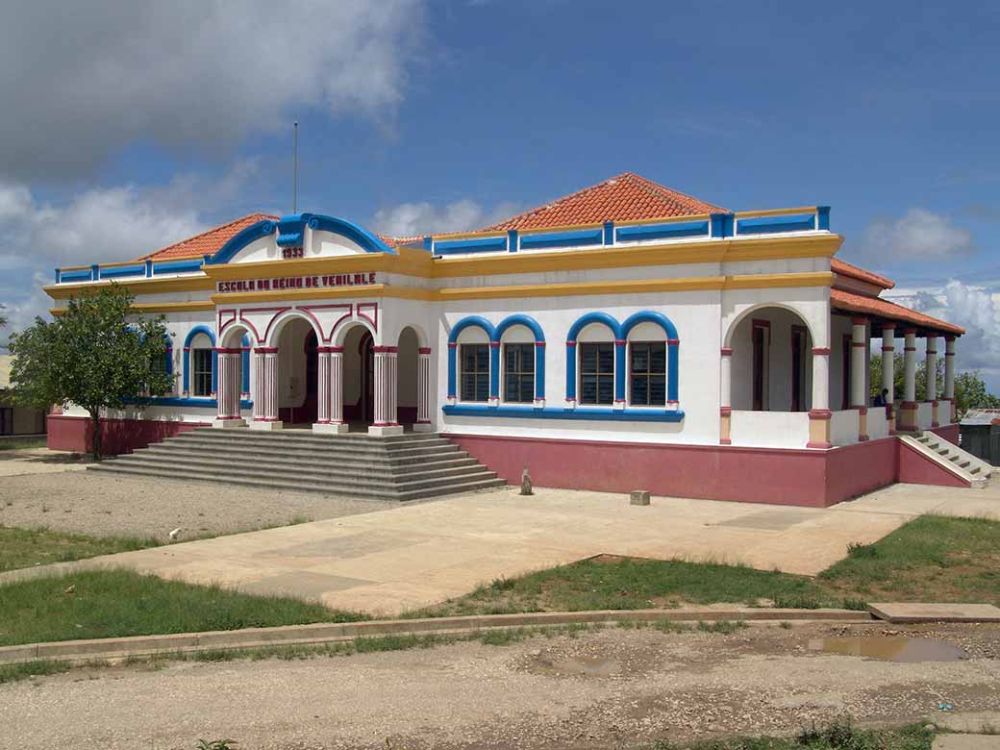

The architecture of Baucau, a city in Timor-Leste (East Timor), is marked by the enduring legacy of Portuguese colonialism. This influence dates back to the 16th century when Portuguese traders first made contact with the island of Timor, leading to centuries of colonial rule until 1975, with the exception of a Japanese occupation during World War II. Portuguese control has deeply impacted the cultural and architectural landscape of the region, with Baucau being a standout example.
Portuguese colonial architecture in Baucau is characterized by its unique blend of European and indigenous styles, creating structures that are both functional and aesthetically pleasing. The hallmark features of this architecture include whitewashed walls, red-tiled roofs, and intricately carved woodwork. Notable buildings showcase arched doorways and windows, a reflection of Portugal's distinct architectural motifs.
Among the significant structures that exemplify Portuguese colonial architecture in Baucau is the Pousada de Baucau, also known as the Baucau Hotel. This building is particularly famous for its stunning facade and its role as a landmark within the city. The old market and various churches throughout the municipality also serve as testaments to the Portuguese aesthetic influences that have survived to this day.
Tourism in Baucau, and in Timor-Leste as a whole, is relatively young, largely because the country gained its independence from Indonesia only in 2002, following a period of conflict. In the years since, Timor-Leste has been actively working to develop its tourism industry, with Baucau's Portuguese colonial architecture playing a crucial role in attracting visitors interested in history and culture.
The latest trends in Baucau’s tourism sector indicate a growing interest in cultural heritage tourism. Visitors are increasingly drawn to the area's rich history encapsulated in its colonial architecture. Efforts to preserve and promote these historical structures are recognized as an integral part of sustainable tourism development in the region.
As tourism continues to develop, there is a strong emphasis on the preservation of Baucau’s architectural heritage. This includes restoration projects aimed at maintaining the integrity of historical buildings while adapting some for modern use, such as boutique hotels and museums, to enhance the visitor experience without sacrificing the city's historical character.
Baucau’s Portuguese colonial architecture not only serves as a beautiful reminder of the city's past but also as a cornerstone for its future tourism growth. As awareness and appreciation of Timor-Leste's unique cultural offerings increase on the global stage, Baucau is set to become an even more cherished destination for travelers from around the world.